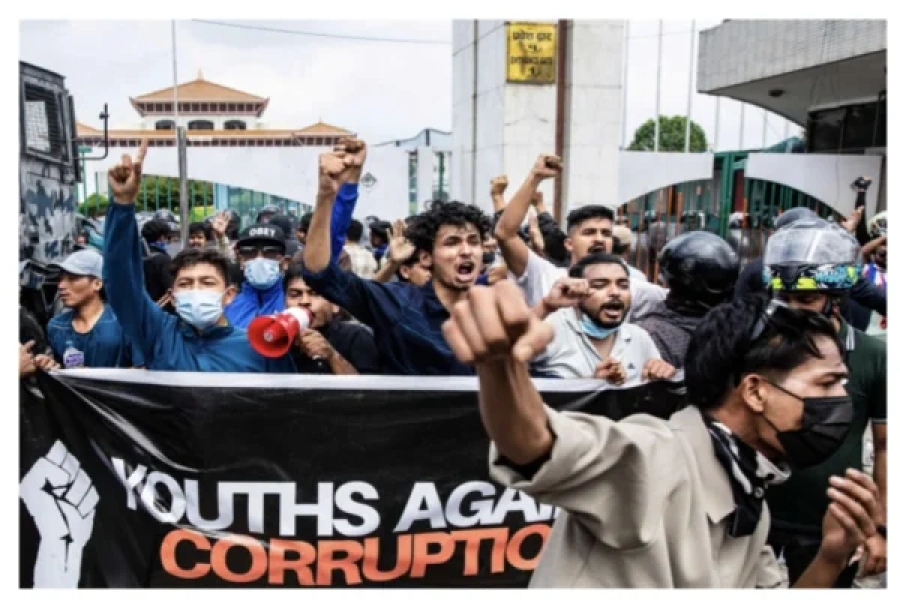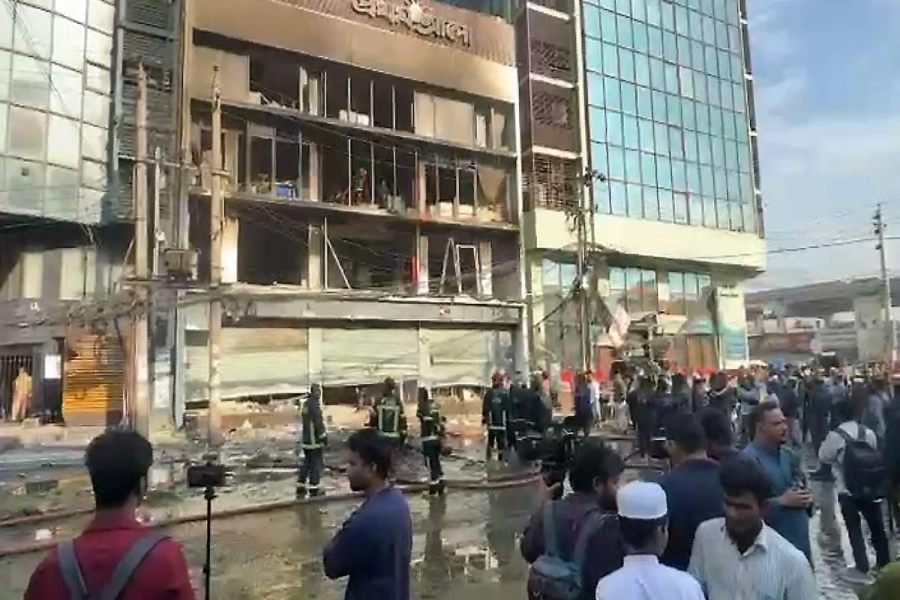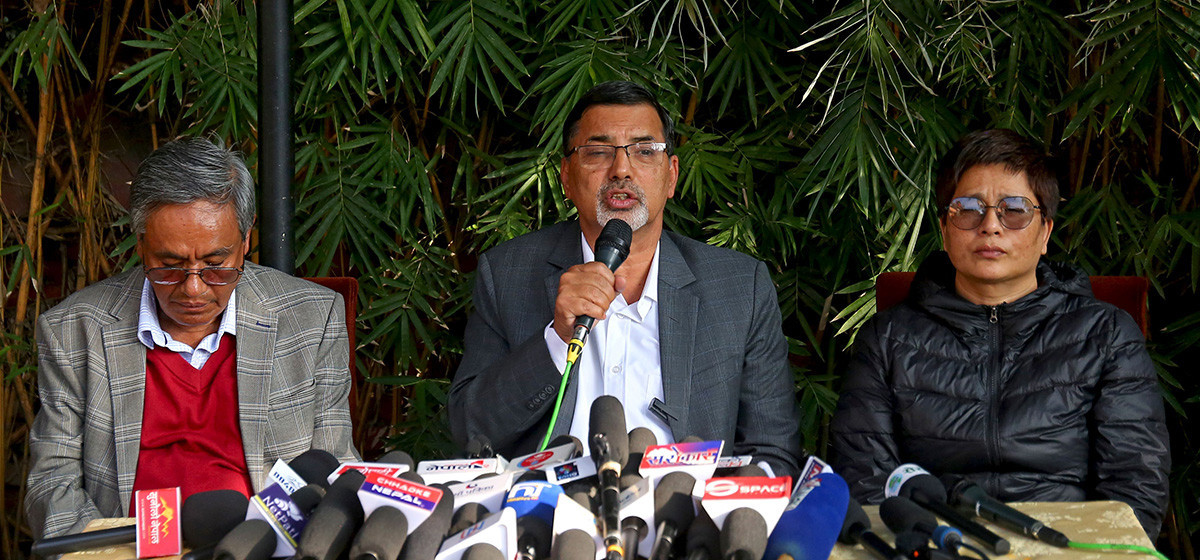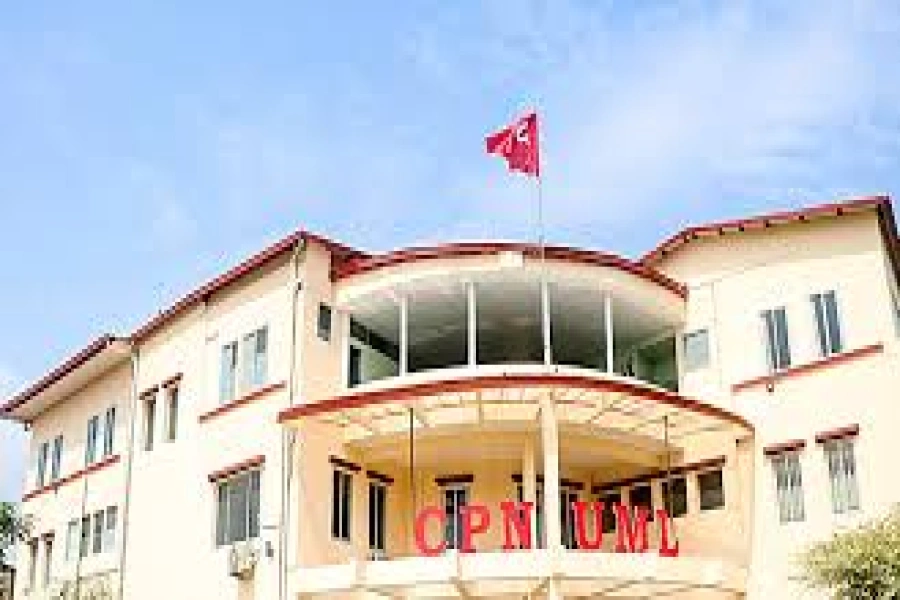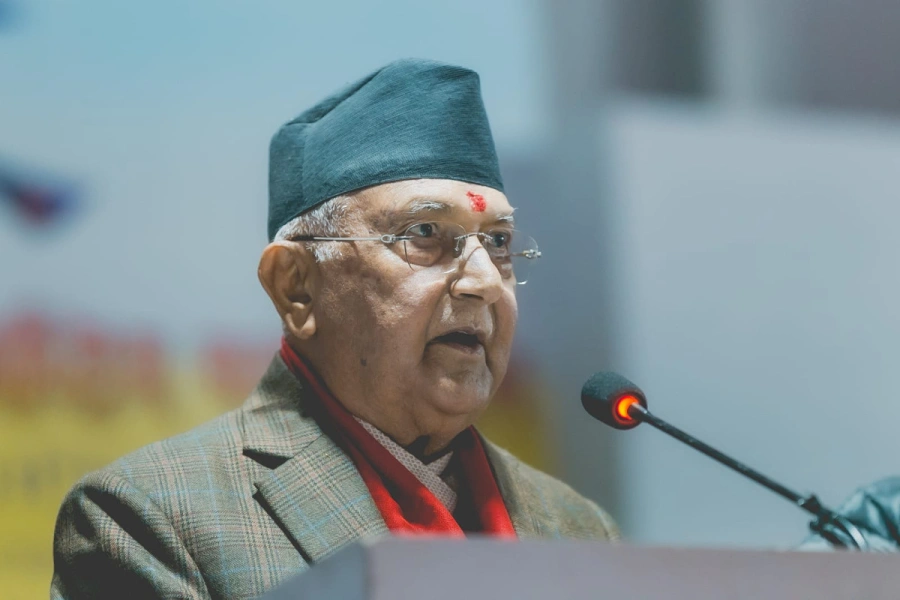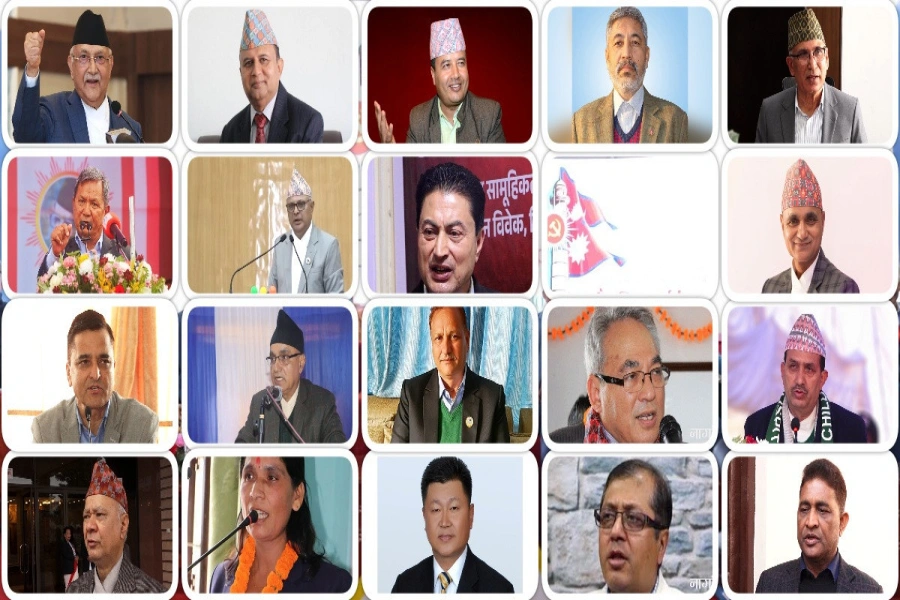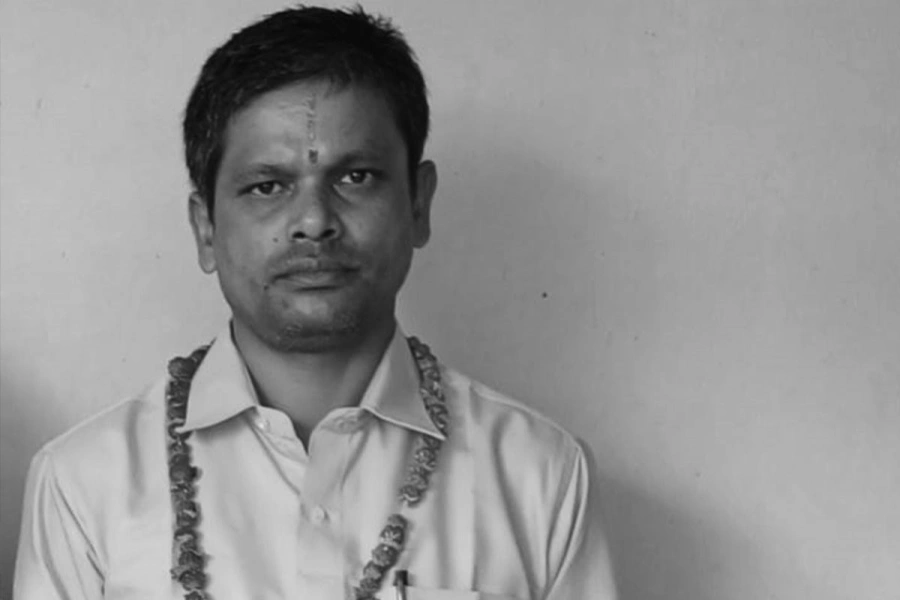KATHMANDU, Jan 1: "Selfishness, communalism, individualistic attitudes, and the tendency to turn toward foreign countries are prevalent in the country. In such a situation, the first casualty is nationality. Until recently, our struggle focused solely on the democratic rights of the people. That is why we emphasized the democratic aspect. Today, a new dimension has been added: the protection of the nation's existence." This statement was made by BP Koirala, one of the founders of the Nepali Congress (NC), 48 years ago on December 30, 1976 before returning to Nepal with a policy of national unity and reconciliation.
BP Koirala, who had been living in exile in India to restore democracy, decided to return home after then-Prime Minister of India, Indira Gandhi, warned that he would be arrested and imprisoned. Determined to die in his homeland rather than languish in a foreign prison, he returned to Nepal on December 30, 1976, with a policy of national reconciliation.
When Koirala returned after an eight-year exile, the NC, under his leadership, had no political power from the center to the ward level, unlike today. Instead, it faced eight death penalty cases. In his appeal, Koirala said, "Our program should be inspired by the belief that if the nation does not exist, we will not exist. I do not know what situation I will face upon returning to the country."
At that time, neither Koirala nor his colleagues had active members or supporters driven by power and self-interest. They were supported by only a few hundred leaders and cadres who rose above personal interests and risked their lives in the movement to restore democracy. There were no factions or vested interests; the group was united by determination, faith, and a common goal to restore democracy.
Today, the NC, founded by Koirala and other leaders, wields power from the central level to the villages, with millions of cadres. However, internal divisions, vested interests, and the influence of power and privilege have overshadowed unity and brotherhood within the party. Comprehensive unity, once championed by Koirala and his contemporaries, has become an urgent need for the party, which was established with a message of national reconciliation and unity among all forces, including the monarchy.
Internal dissent grows in Unified Socialist Party over Chair Ne...
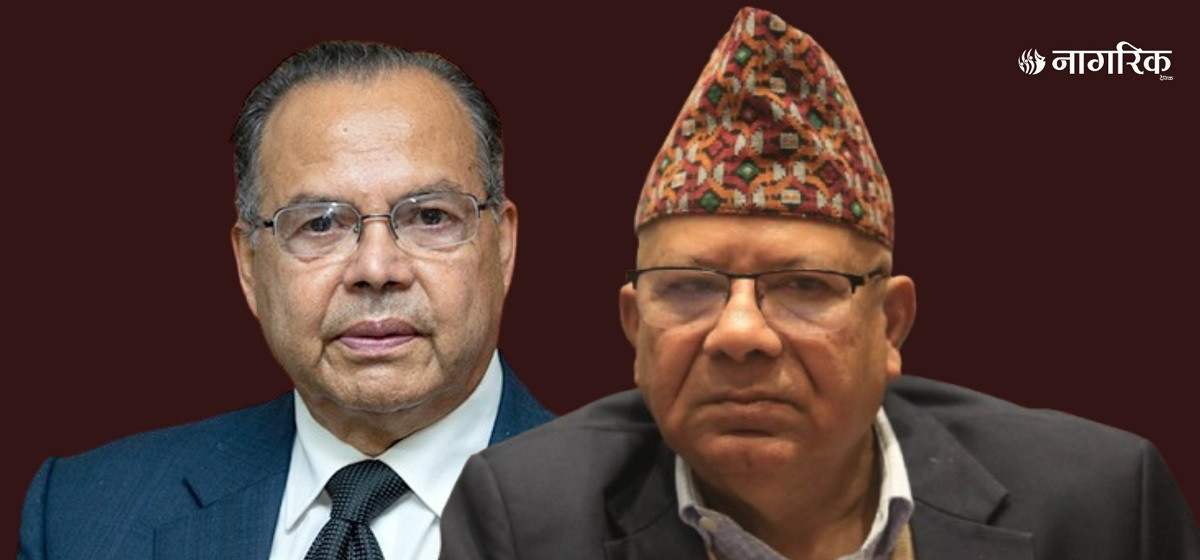
Factional disputes and internal divisions within the party have repeatedly undermined the democratic governance system. Even today, as questions arise about the federal democratic republic, distrust and suspicion persist—not only across the party as a whole but also within its sub-groups and among individual leaders. Similar to the suspicions and fears that plagued leaders in the past, present-day leaders harbor concerns that their factional rivals, even within the same party, may be used against them. This distrust is evident both in the camp of NC President Sher Bahadur Deuba and among those aligned with Shekhar Koirala, who leads another faction.
With existing provisions in the party statute barring Deuba from seeking re-election as party president at the upcoming general convention, numerous leaders are vying to succeed him. Current Vice President Purna Bahadur Khadka, along with former Vice Presidents Gopalman Shrestha, Bimalendra Nidhi, and Prakash Man Singh, are among the frontrunners.
Meanwhile, former General Secretary Shashank Koirala and Krishna Prasad Sitaula are aspiring to secure the presidency by garnering support from all factions. Former Joint General Secretary Prakash Sharan Mahat has also begun presenting himself as a contender for the leadership.
There is growing speculation within the NC about Gagan Kumar Thapa, elected general secretary from the Shekhar group during the 14th general convention, moving closer to President Deuba. Deuba's allies suggest that the strategy may involve securing a prominent role for Foreign Minister Arzu Rana Deuba, a central member of the party, and positioning Thapa for leadership. They claim Thapa, once a vocal critic of Deuba and Rana, has recently softened his tone toward them.
However, Shekhar Koirala maintains that leaders, including Thapa, remain aligned with him. Preparing for the leadership contest at the 15th general convention, Shekhar insists his relationship with Deuba is amicable. Yet, those close to Shekhar suggest otherwise, pointing to lingering tension between Deuba and Thapa.
As the saying goes, “when brothers fall out, strangers inherit their gain,” Shekhar, who failed to secure leadership at the 14th general convention due to internal discord, faces similar challenges in the upcoming convention. BP Koirala's son Shashank, Keshav Koirala's son Shekhar, and Girija Prasad Koirala's daughter Sujata remain active in NC party politics. At the previous convention, these three Koiralas aligned with different factions, a division that continues to persist.
In the three years since the general convention, the NC has failed to give full shape to its working committees and organizational bodies from the central level to the villages, primarily due to factional disputes. To address this, the party launched a 100-day campaign aimed at mobilizing its organization by resolving grassroots-level conflicts. However, programs have yet to commence in some districts, and where they have been held, the focus has shifted from organizational mobilization to factional favoritism and preparations for the upcoming general convention. Leaders and activists, from the central to the local level, are more engaged in undermining each other to secure leadership positions within the party.
The unity and harmony of the Nepali Congress, the oldest party in the country and the largest in the House of Representatives, have been disrupted. Leadership rivalries within the party have stalled progress on critical issues, including the amendment of the constitution. It has been five months since the formation of the current government under UML Chairman KP Sharma Oli, supported by the NC. NC leaders have voiced their dissatisfaction, accusing the government of failing to inspire hope and trust among the people, leading to further disillusionment.
If the current government, established with the mandate to advance constitutional amendments and other key issues, fails to deliver on expectations, public disappointment could escalate into widespread anger. In such circumstances, only unity and reconciliation within the Nepali Congress, a party with a long democratic legacy, can pave the way for political stability and economic development.
BP Koirala's words remain relevant: "Hollow nationalism cannot instill the morale to protect the nation in the countrymen." National unity, he argued, must be built on the foundation of democracy, strengthened by progressive economic development and a just economic system. Nationality, democracy, and development are thus interdependent, reinforcing one another to ensure the nation's growth and stability.



